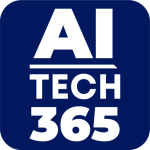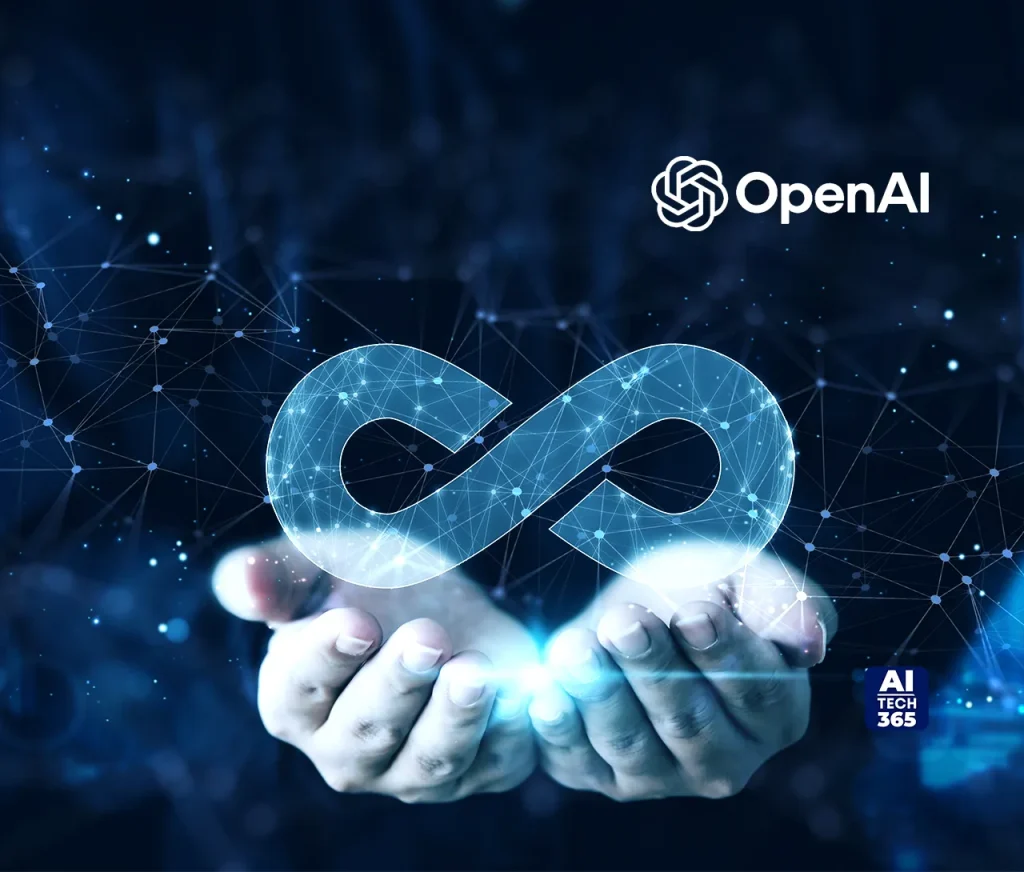OpenAI announced significant enhancements to Codex, including the introduction of GPT-5-Codex, an improved model designed for agentic coding workflows and real-world software engineering. The upgrades aim to make Codex faster, more reliable, and more effective for developers working across terminals, integrated development environments (IDEs), the web, or mobile devices.
Key Features of the Upgrade
-
GPT-5-Codex is trained to tackle complex, real-world engineering tasks such as building full projects from scratch, adding features with tests, debugging, performing large-scale refactors, and conducting code reviews. It is designed to be equally proficient in interactive sessions and in handling longer, more autonomous tasks.
-
The model is more steerable, adheres better to instruction requirements found in AGENTS.md, and produces higher-quality code with less need for long instructions about style or code cleanliness.
-
In tests, GPT-5-Codex handled large, complex refactoring tasks involving multiple files (e.g. a pull request changing 232 files and 3,541 lines in Gitea) and demonstrated substantial gains in real-world benchmarks. The model dynamically adjusts how much “thinking” (computation and reasoning) to apply depending on task complexity, giving faster responses for simpler tasks while dedicating more resources to more challenging ones.
-
In internal usage, GPT-5-Codex was observed working independently for over seven hours on large tasks, iterating on implementation, fixing test failures, and delivering successful results.
Product Enhancements and Tools
-
Codex CLI has been rebuilt around agentic coding workflows. It now allows users to attach and share images (screenshots, wireframes, diagrams) within the CLI to better communicate design decisions. For complex work, it offers a progress tracking to-do list, improved tool use (including web search and connectors to external systems), better formatted diffs and tool calls, and simplified approval modes.
-
The Codex IDE extension integrates the Codex agent into VS Code, Cursor, and similar editors. It enables seamless previews of local changes, editing with full context (e.g. files selected or open), switching between cloud and local environments without losing state, and tracking and reviewing tasks directly within the editor.
-
Improvements to the Codex cloud infrastructure include faster completion times via container caching (median task and follow-up times reduced by about 90%), automated environment setup (detecting and running setup scripts, installing dependencies), and enhanced ability to accept image inputs (for example, frontend design specs or UI bug illustrations). The cloud version can spin up browser instances, inspect its own outputs visually, iterate, and attach screenshots to tasks and GitHub pull requests.
Also Read: Microsoft Unveils Intune AI Agent: A New Era in Endpoint Threat Defense
Code Review Capabilities
-
Codex now includes advanced code review capabilities: it matches the stated intent of a Pull Request to the actual code changes, reasons over entire codebases and dependencies, executes code and tests to validate behavior, and identifies critical flaws earlier in development.
-
Code reviews can be triggered automatically when a PR moves from draft to ready, with recommendations posted in the same thread. Users may explicitly request reviews (e.g. by including “@codex review” in a PR) and specify additional guidance (for example regarding security vulnerabilities or outdated dependencies).
Customer Feedback
Tres Wong-Godfrey, Tech Lead at Cisco Meraki, commented: “I needed to update a codebase owned by another team for a feature release. […] With Codex, I offloaded the refactoring and test generation while focusing on other priorities. It produced high-quality, fully tested code that I could quickly hand back keeping the feature on schedule without adding risk.”
Security and Trust
OpenAI is continuing its commitment to safety by running Codex in sandboxed environments with network access disabled by default. Codex can request permissions before performing potentially dangerous actions. Developers are able to customize security settings to match their risk tolerance. All usage of Codex including in CLI, IDE, and cloud is designed to preserve user control and oversight. Codex provides citations, terminal logs, and test results with each task and code review to assist human reviewers. OpenAI emphasizes that Codex code reviews are intended to augment, not replace, human reviews.
Consistent with OpenAI’s approach to GPT-5, GPT-5-Codex is treated as high capability in biological and chemical domains, and safeguards have been implemented to address the associated risks.

